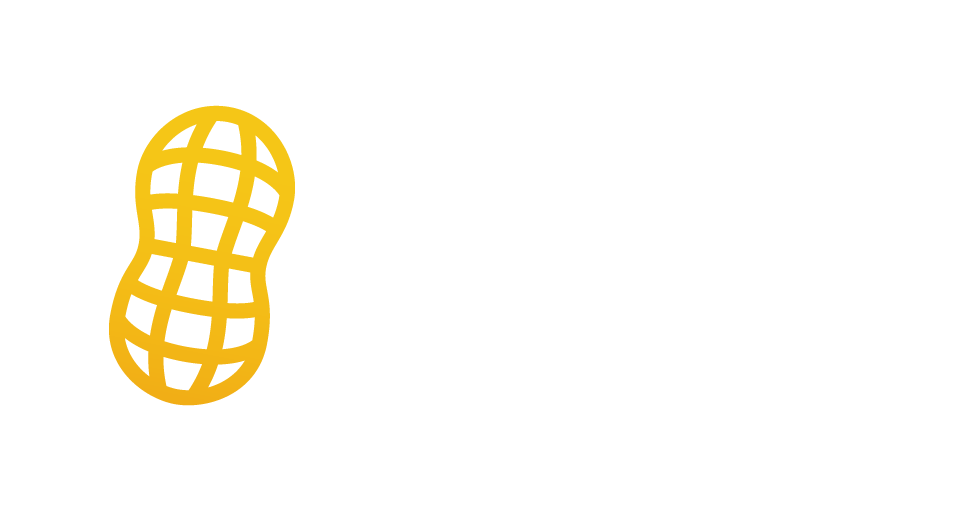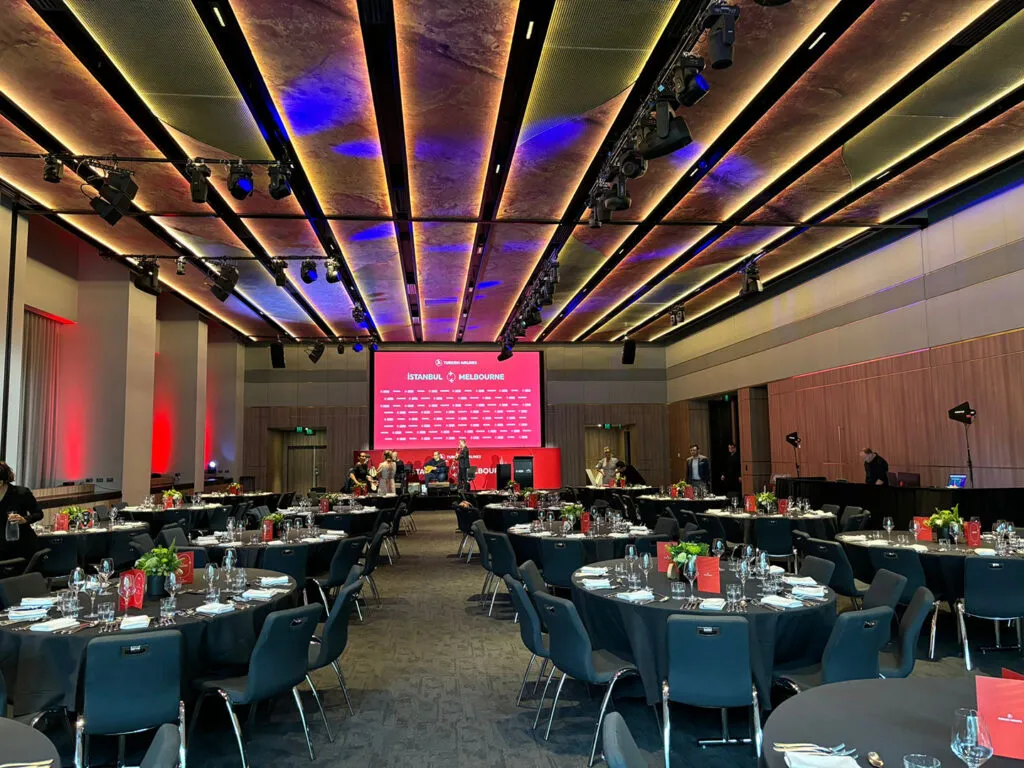At a glance:
- A Professional Conference Organiser (PCO) connects clients, sponsors, suppliers, delegates, and internal teams to deliver seamless events.
- Stakeholder management ensures alignment of goals, reduces risk, enhances collaboration, and builds lasting relationships.
- Stakeholder management involves identifying stakeholders, setting expectations, planning communication, fostering collaboration, and conducting post-event reviews.
- Effective stakeholder management keeps budgets and timelines on track while delivering memorable experiences to all key participants.
A Professional Conference Organiser (PCO) is a specialised company that plans and organises conferences, meetings, and large-scale events. They serve as a central party, connecting clients, sponsors, suppliers, delegates, and internal teams into one complete framework.
Among many responsibilities of a PCO, stakeholder management is an important one that ensures the event’s success. Effective management of all parties and their needs lays the foundation for long-term partnerships.
In this blog, we will cover everything you need to know about stakeholder management as a core function of PCO.
What Is Stakeholder Management in Event Planning and Delivery?
Stakeholder management in event planning is the process of identifying, engaging, and aligning all individuals and groups involved in an event’s success. For a PCO, stakeholder management means balancing the priorities of multiple parties to ensure seamless delivery.
Besides communication, it involves building trust, fostering transparency, and creating clear communication channels so every party feels invested in the event’s outcome.
Types of Stakeholders in Events
Corporate events bring together several parties within and outside the organisation. The nature of stakeholders involved can vary significantly depending on the event formats.
For instance, venue managers are important stakeholders in an in-person event, while a digital streaming operator can be a key stakeholder for virtual and hybrid events.
Here are some common stakeholders in a corporate event:
- Clients: They are the corporations, associations, or government bodies that commission the event. They can range from multinational corporations and industry associations to government departments and agencies.
- Attendees and Delegates: They are the individuals who register, travel if necessary, and participate in the event. They may include professionals, potential clients for the organising company, or the general public, depending on the type of event.
- Suppliers and Vendors: Suppliers are the external businesses that provide the products and services required for event operation. It can include venue managers, catering services, AV specialists, logistics providers, and other relevant service providers.
- Sponsors and Partners: Sponsors and partners are businesses or institutions that provide financial support. In return, they seek brand visibility, access to target audiences, and opportunities to form relationships with other stakeholders.
- Internal Teams and Staff: These are the professionals working within the PCO or event management agency They include planners, coordinators, operations staff, and on-site teams responsible for delivery management and coordination.
Why Is Stakeholder Management Important in Events?
Below are some major reasons why stakeholder management is so important in corporate events:
- Ensures Alignment: Proper stakeholder management aligns all parties with a shared vision and objectives from the very beginning. It might include aligning sponsors’ brand goals with delegates’ expectations or ensuring vendors understand the client’s vision.
- Reduces Risk and Conflict: Proactive stakeholder management helps prevent miscommunication and misaligned expectations before they turn into conflict. PCOs can minimise the chance of delays, disputes, or last-minute crises by identifying potential issues early through structured conversations and clear agreements.
- Enhances Collaboration: When suppliers, clients, and teams feel included and valued in the event, they’re more likely to contribute and solve problems collectively. It leads to smoother execution and a stronger sense of teamwork across different stakeholders.
- Improves Delegate Experience: Delegate experience is the ultimate measure of success that determines the success or failure of an event. PCOs ensure the attendees’ experience is smooth, engaging, and aligned with the event’s purpose.
- Strengthens Relationships for Future Events: Stakeholder management continues even after the event has concluded. PCOs play a critical role in fostering strong, respectful relationships, cultivating long-term partnerships, and attracting repeat clients. Moreover, it helps in establishing trusted vendors and reliable sponsors who are invested in working together again.
The Stakeholder Management Process that PCOs Follow
Managing stakeholders effectively requires a structured approach that begins long before the event and continues even after the completion. PCOs follow a clear process to ensure that all stakeholders remain aligned, informed, and engaged throughout the event.
Let’s look at the key stages of stakeholder management in event planning:
Identification of the Stakeholders
The first step in stakeholder management is recognising all individuals and organisations with a vested interest in the event. This process should be carried out early to ensure that no party is overlooked, as even a single missed stakeholder can create significant gaps in execution or communication.
PCOs often use tools like an influence/interest grid to classify stakeholders based on their authority and level of involvement. This mapping identifies which groups need active management, regular updates, or ongoing communication. With this foundation in place, the rest of the planning process can move forward smoothly.
Understanding Needs and Expectations of Each Stakeholder
Once stakeholders are identified, the next step is to uncover their unique needs and priorities. Every party will have different expectations from the same event. For instance, clients may emphasise measurable ROI while sponsors may want maximum brand exposure. As a result, conducting kickoff meetings, structured interviews, or pre-event surveys can provide a clear understanding of these expectations.
By clarifying goals early, PCOs set the stage for proactive decision-making, reduce conflicts, and create a plan that balances differing perspectives while still serving the overall purpose of the event.
Communication Planning
Clear and consistent communication is crucial for effective stakeholder management. A well-structured communication plan outlines what information will be shared, through which channels, and at what frequency. For instance, clients may prefer concise and high-level progress reports, while the AV technical teams often require detailed updates to manage operational tasks.
Selecting the right platforms, whether project dashboards, email summaries, or scheduled check-ins, ensures the right message reaches the right people at the right time. Tailoring communication to each group builds accountability, prevents duplication of effort, and keeps all stakeholders informed, engaged, and aligned as the event progresses.
Collaboration and Engagement
Stakeholder management requires genuine collaboration among different involved parties, going beyond sharing information and involving a deeper level of engagement and mutual understanding.
PCOs can invite stakeholders to contribute to decision-making about factors such as venue selection, branding choices, or session formats. This creates a strong sense of inclusion, fosters agreement and reduces resistance later.
The PCO can utilise collaboration tools, such as shared timelines, project management platforms, and live dashboards, to enhance transparency and keep all participants aligned.
Monitoring and Adjusting
Even with careful planning, unexpected challenges can arise during an event that may require change as the event continues. PCOs continuously monitor the overall aspects of the event to assess stakeholder satisfaction. It can also help to identify any risks before they escalate.
Additionally, frequent progress reviews, milestone check-ins, and real-time reporting help identify areas where adjustments may be necessary.
For instance, if sponsors raise concerns about limited exposure, PCOs can quickly address this by offering additional branding opportunities, such as extra signage or social media tagging, while staying within budget. Such prompt action helps reach a mutual agreement and prevent issues from escalating.
Post-Event Review
The final stage in stakeholder management is reflection and review. Once the event concludes, PCOs can collect feedback from stakeholders through surveys, debrief sessions, and one-to-one discussions.
The collected information can provide valuable success metrics and potential areas for improvement, which can help refine future planning, strengthen relationships, and ensure continuous growth.
Read More: What to Do After Successfully Completing Your Corporate Event
Every stakeholder plays a significant role in shaping the outcome of an event. So, effective stakeholder management is a crucial function of PCOs.
When the key involved parties are effectively identified, engaged, and aligned with the goals, events can run smoothly and exceed expectations.
Looking for a reliable PCO for your upcoming event? Check out Peanut Productions to discover how we excel in simplifying stakeholder management and ensuring event success. Contact us today to experience professional PCO service for your next event.
FAQs
Who are the primary stakeholders in an event managed by a PCO?
Primary stakeholders typically include clients commissioning the event, attendees and delegates, suppliers and vendors such as venues, catering and AV teams, sponsors and partners, and the internal organising team.
How does stakeholder management impact event budgets and timelines?
Effective stakeholder management reduces costly misunderstandings and prevents duplication of effort. When expectations are aligned and communication is streamlined, budgets remain controlled, resources are used efficiently, and timelines stay on track.
What tools or technologies can assist with stakeholder management?
PCOs often utilise tools such as project management software, shared timelines, live dashboards, and communication platforms to manage stakeholders effectively.


